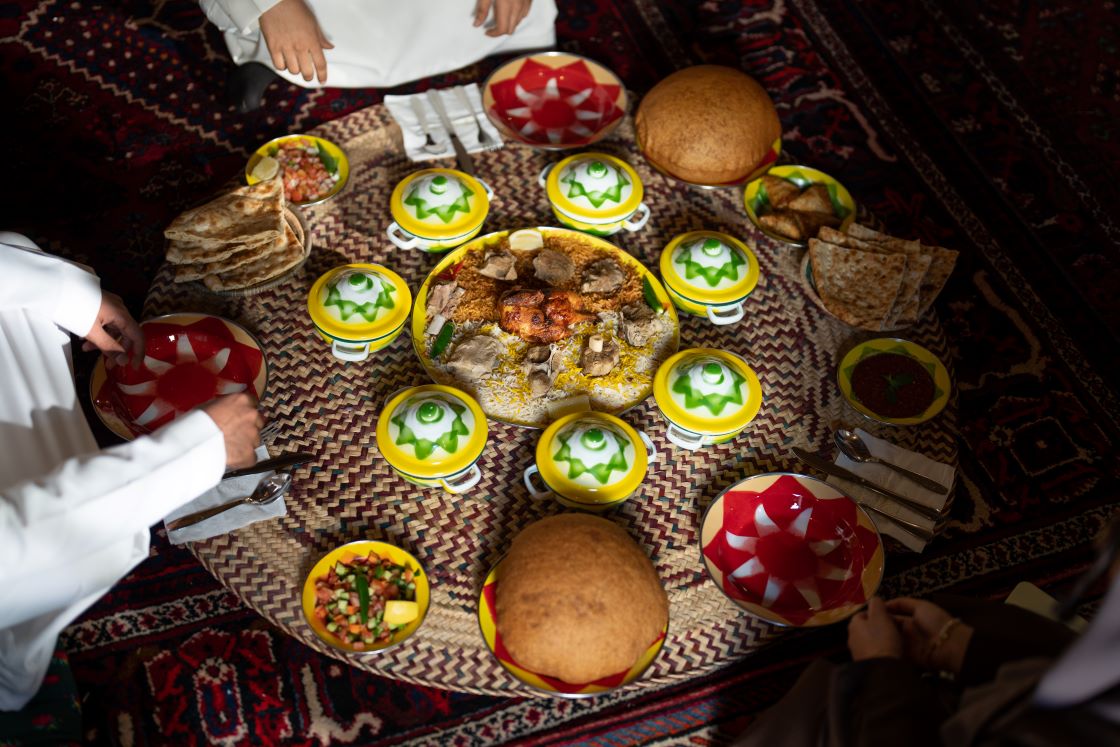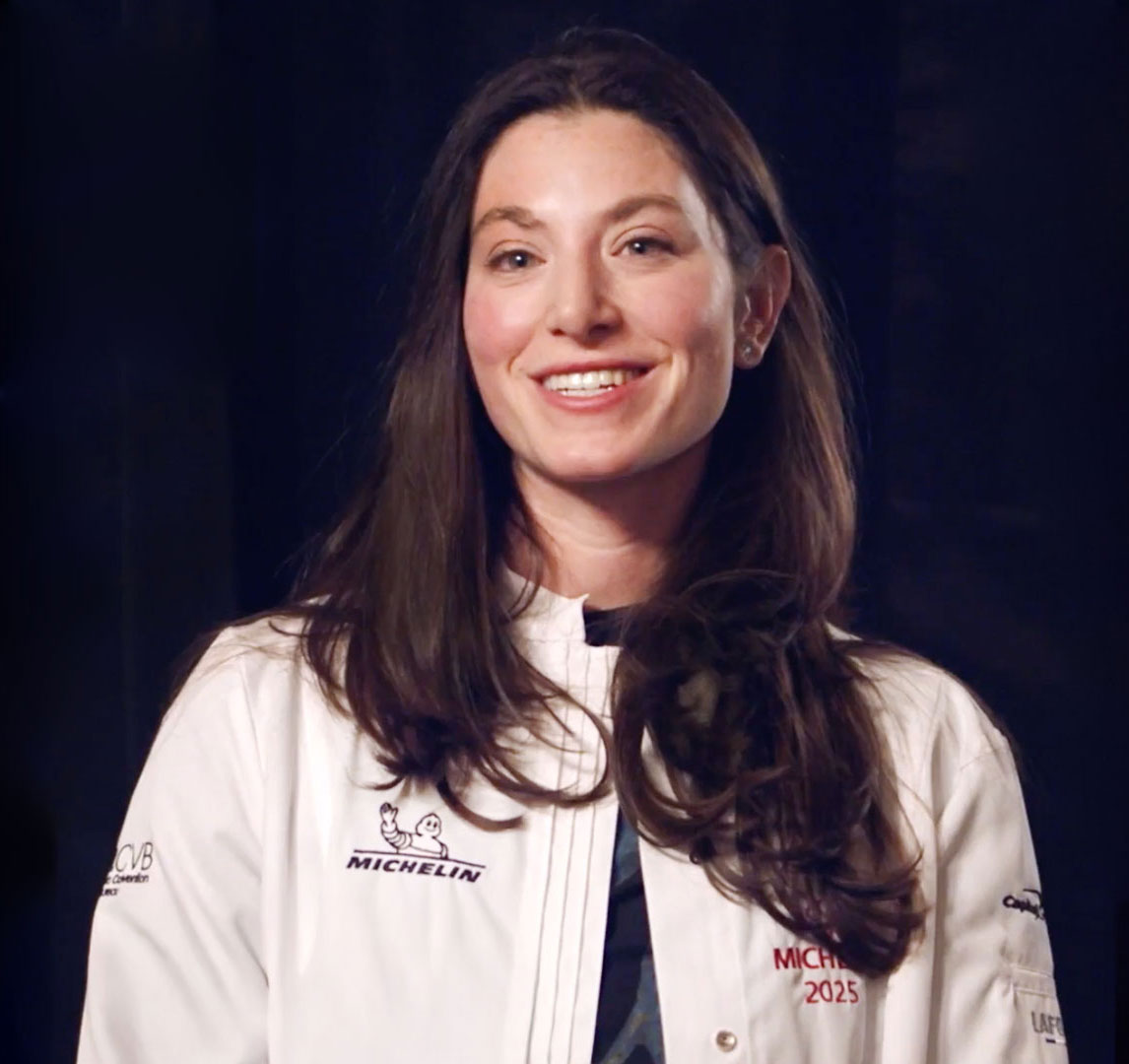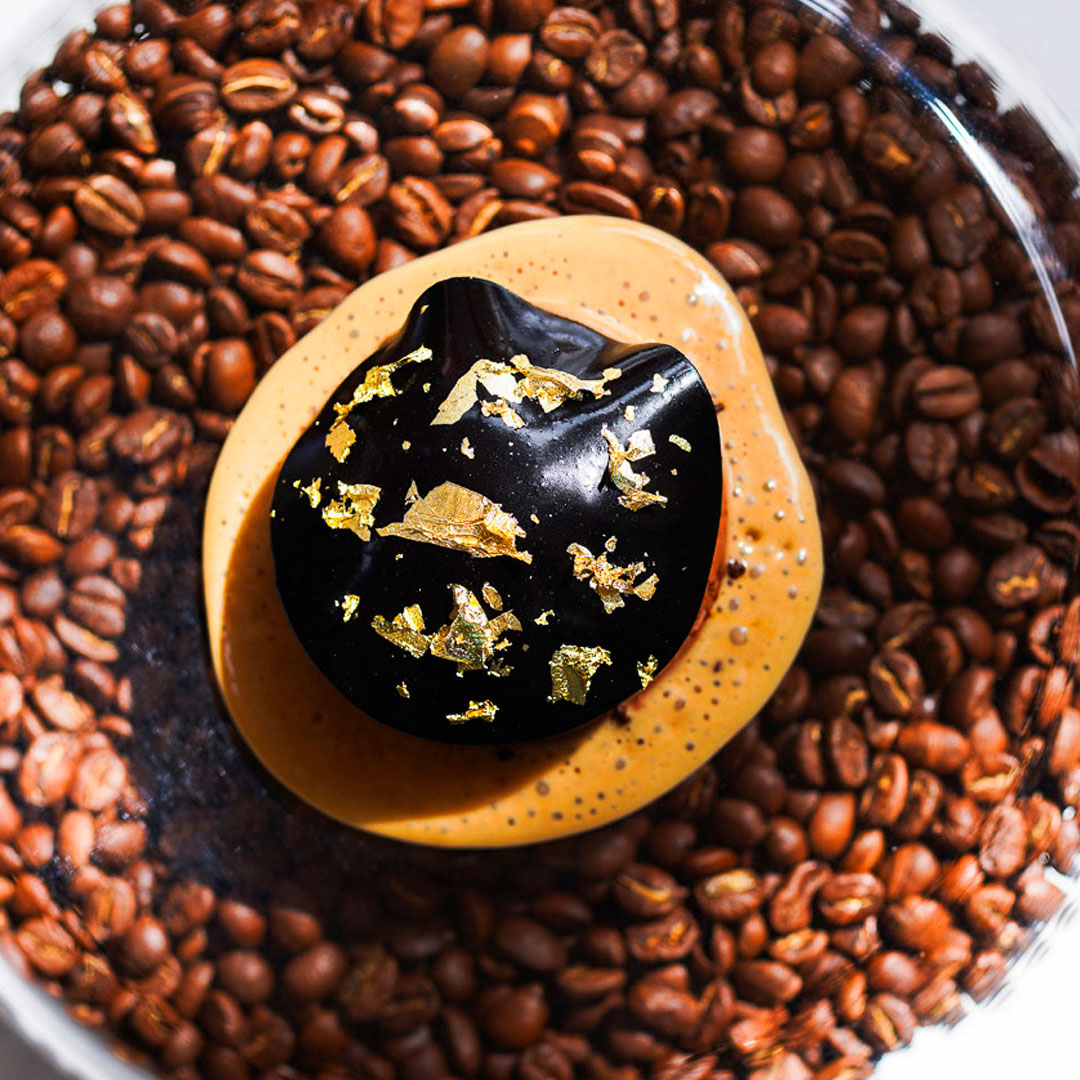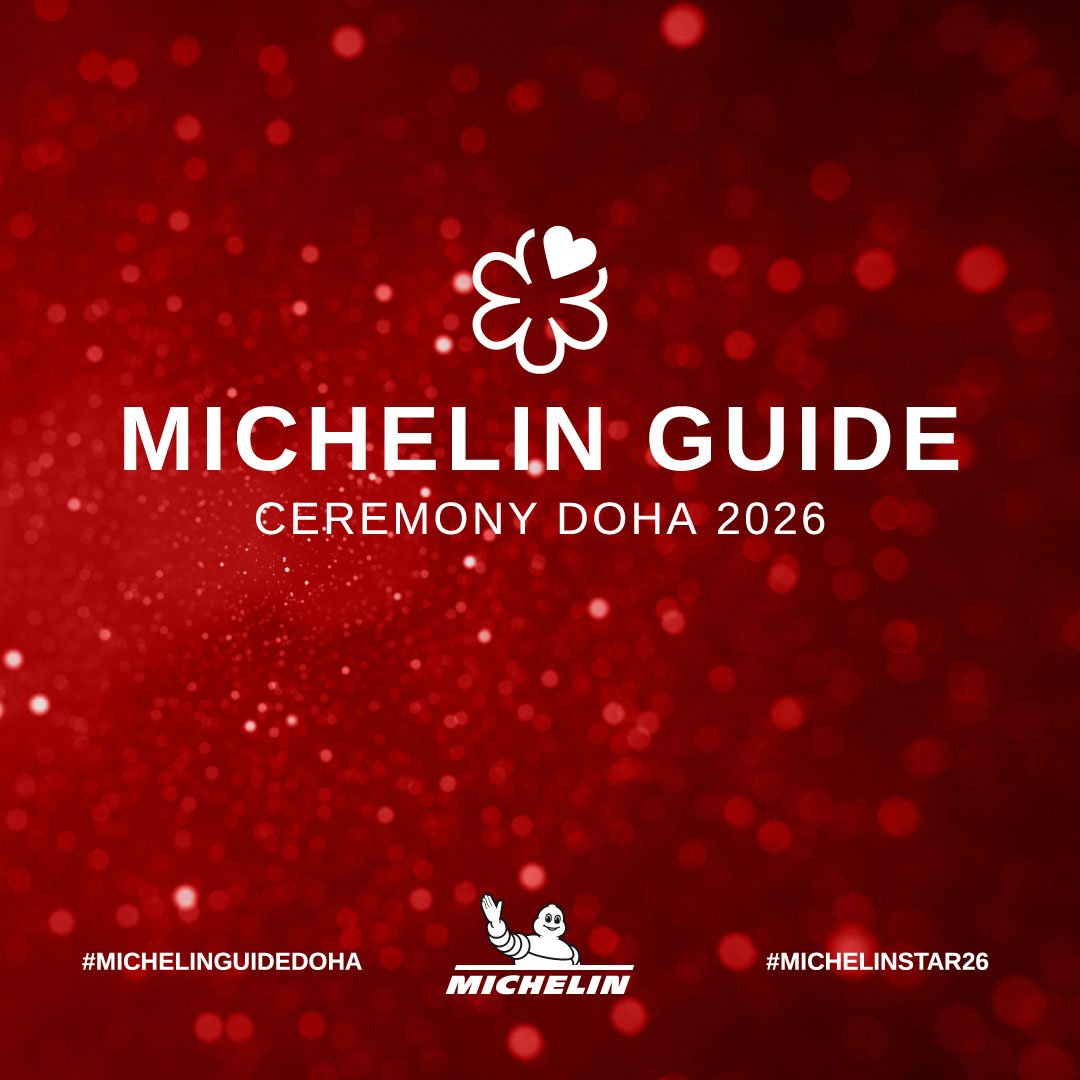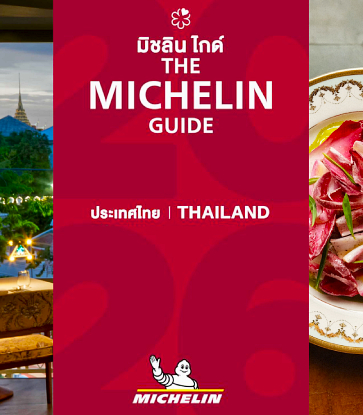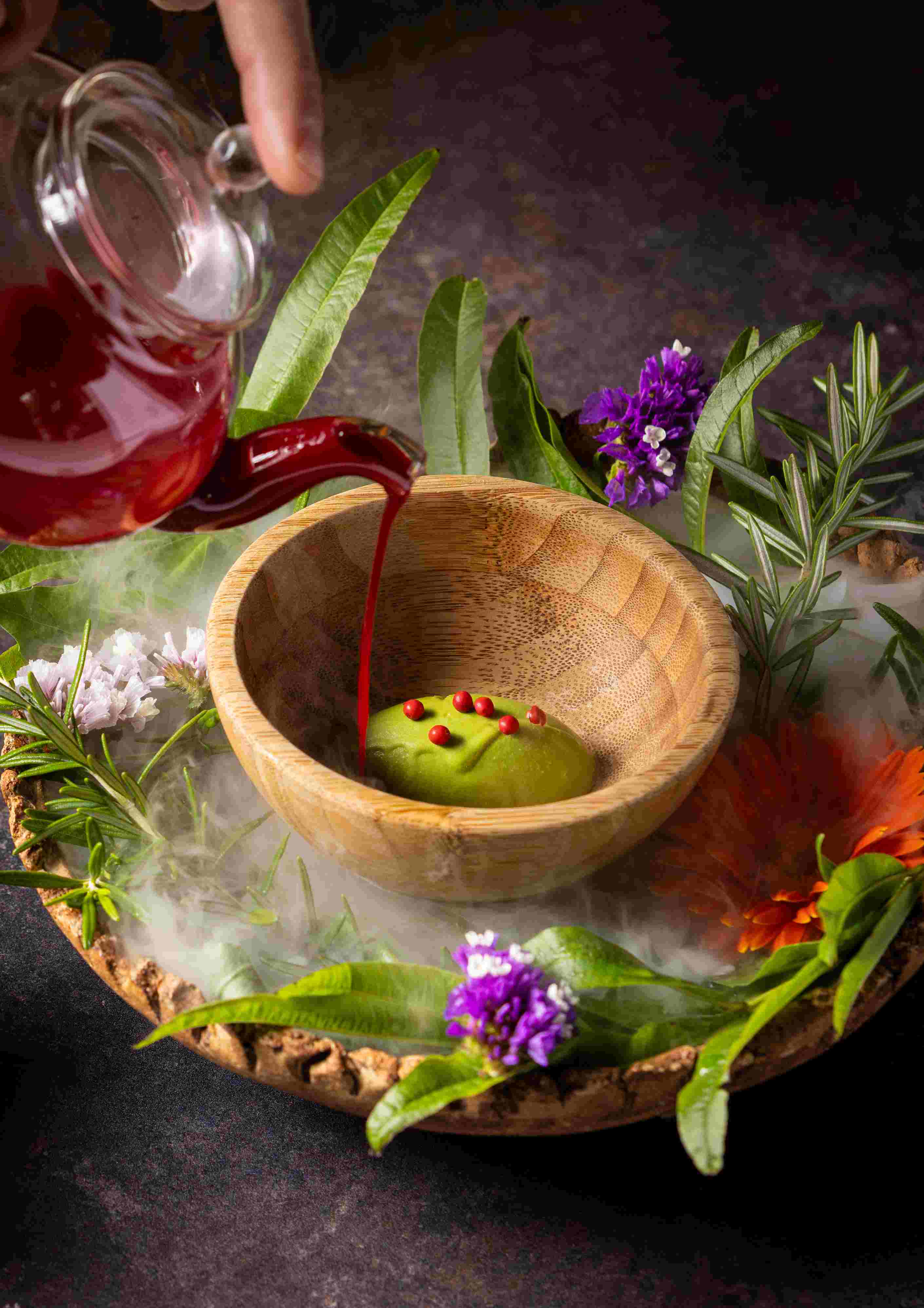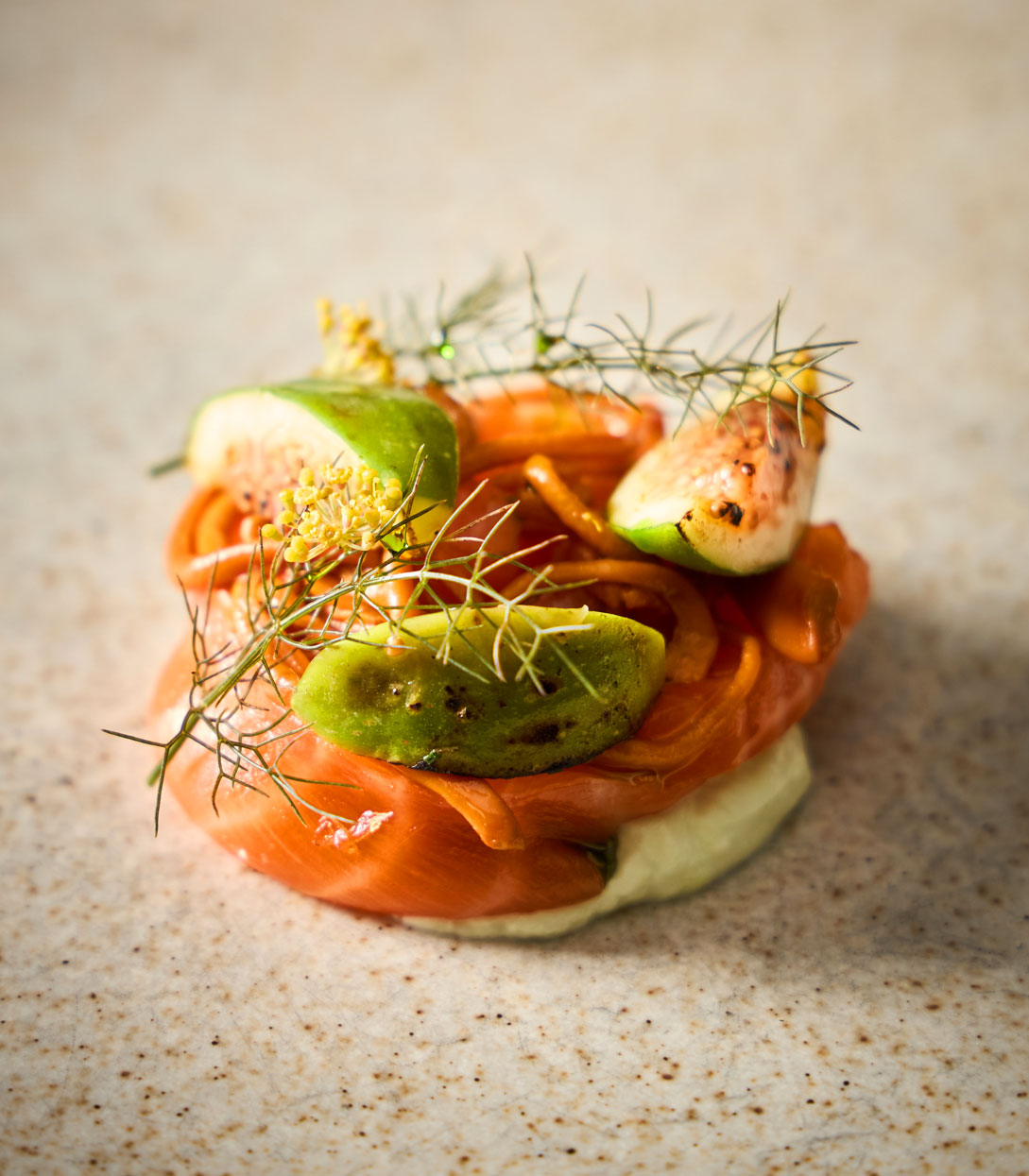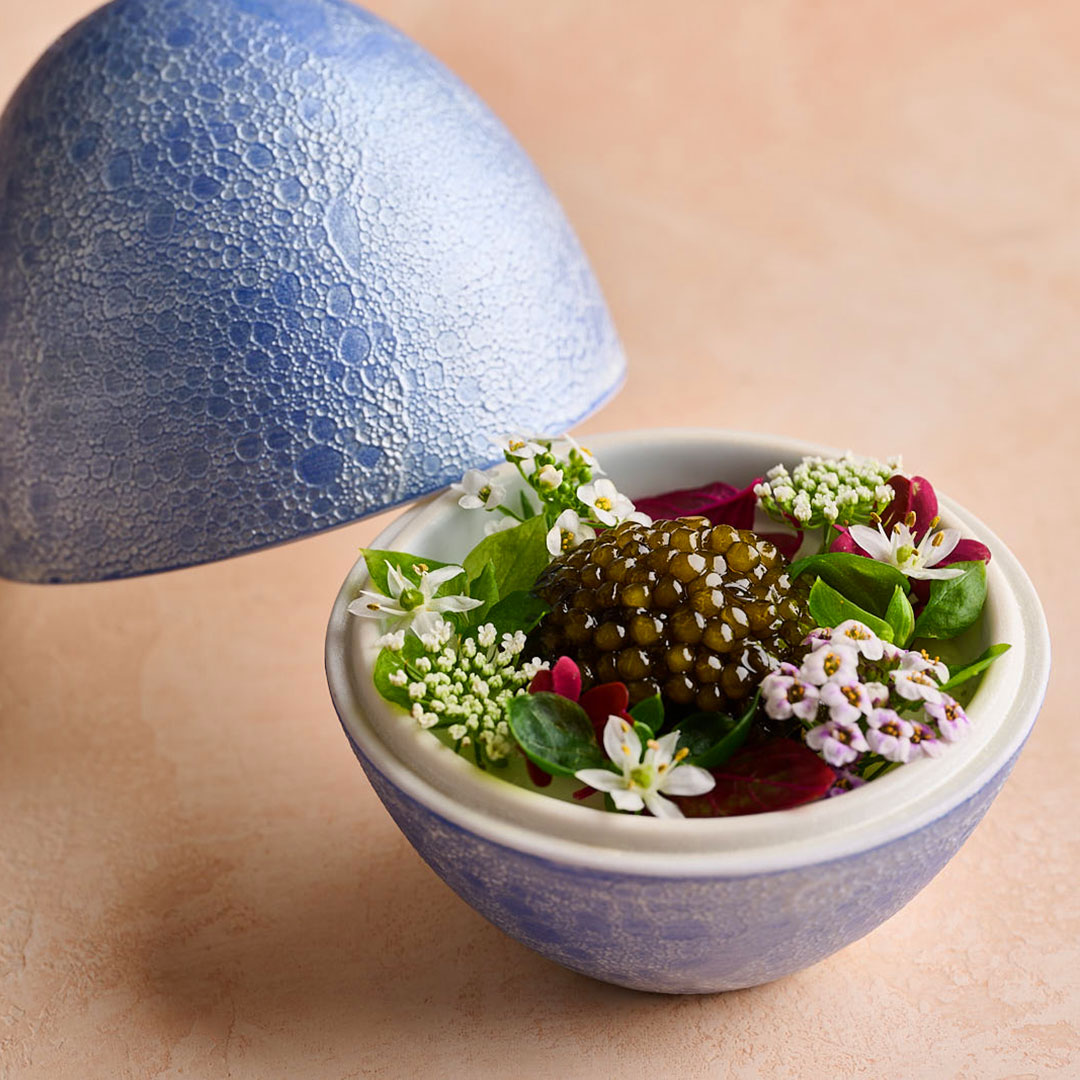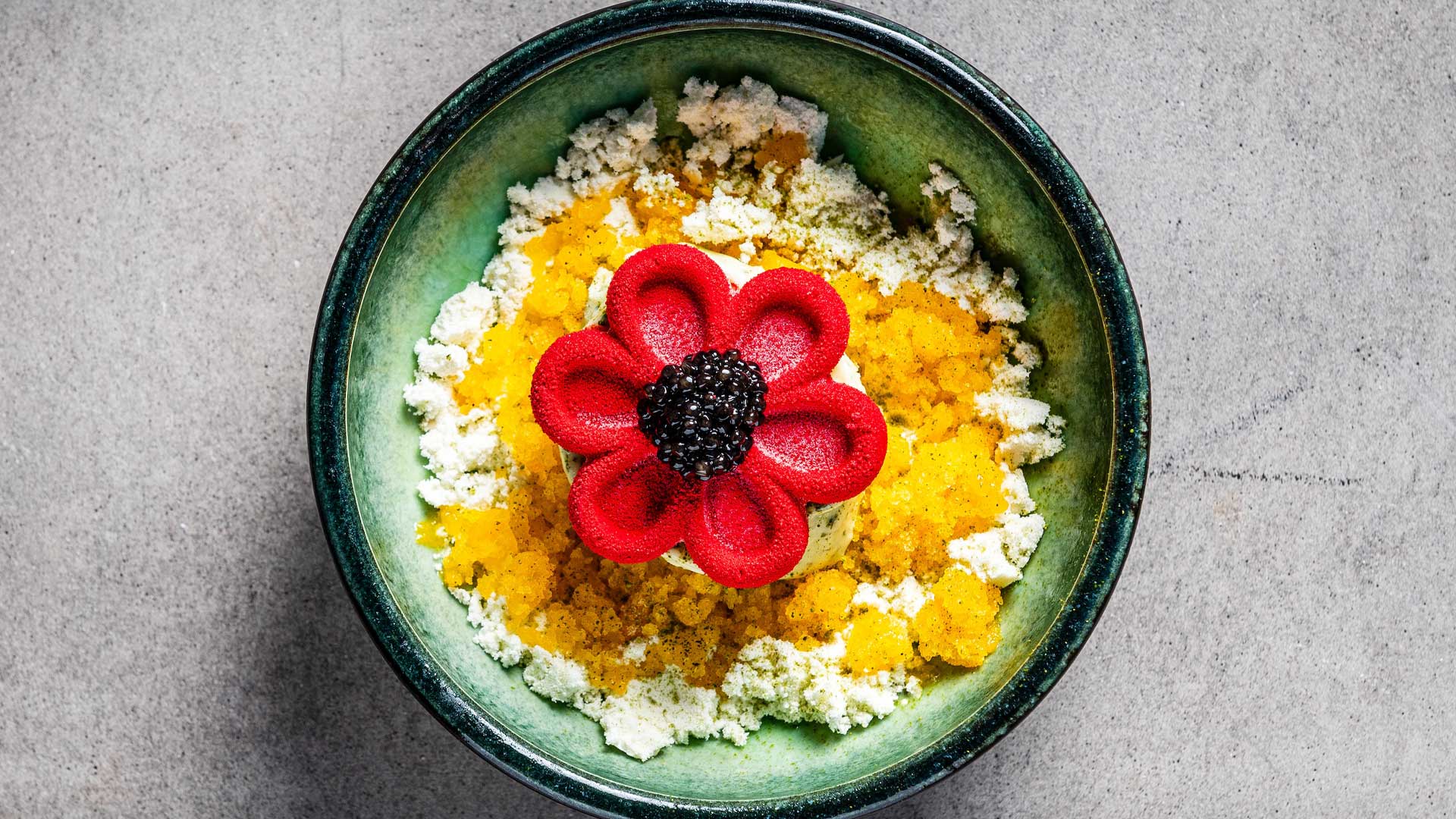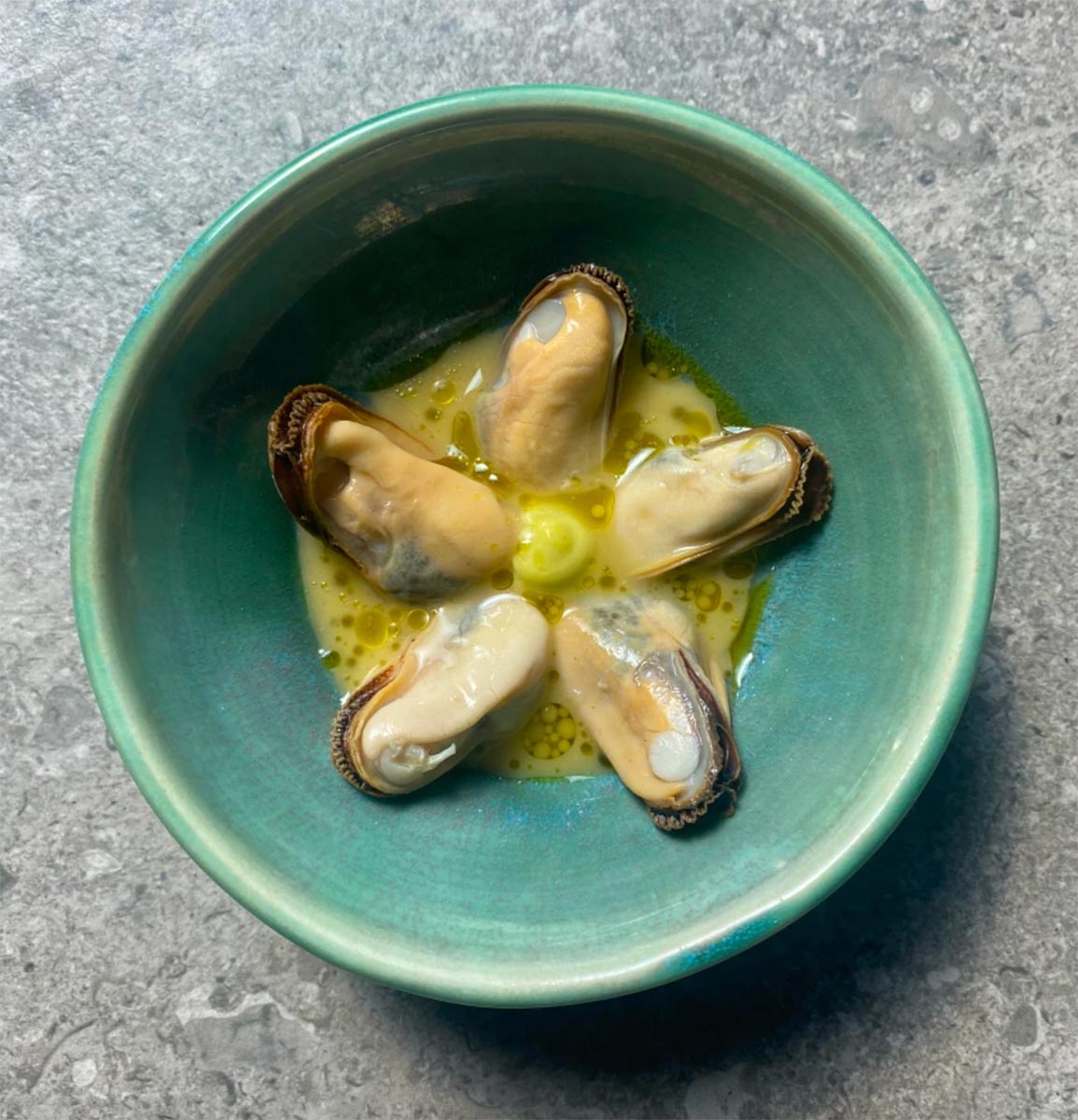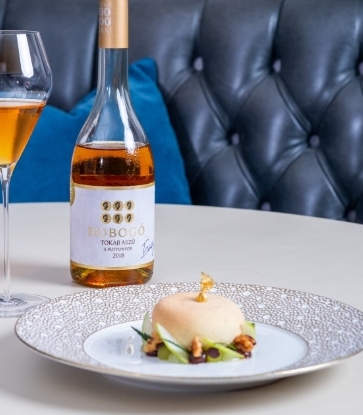“I loved the pandan custard so much! We would only eat the green custard and there would be a lot of rice leftover. Mum always used to scold us for that,” he says, laughing.
Handmade goodness
It is no wonder then, that Candlenut’s kueh salat features a generous luscious layer of green pandan custard, on a much smaller bed of glutinous rice. He explains: “When you put the kueh in your mouth, the feel of the custard is very nice with just a bit of rice to balance it.”
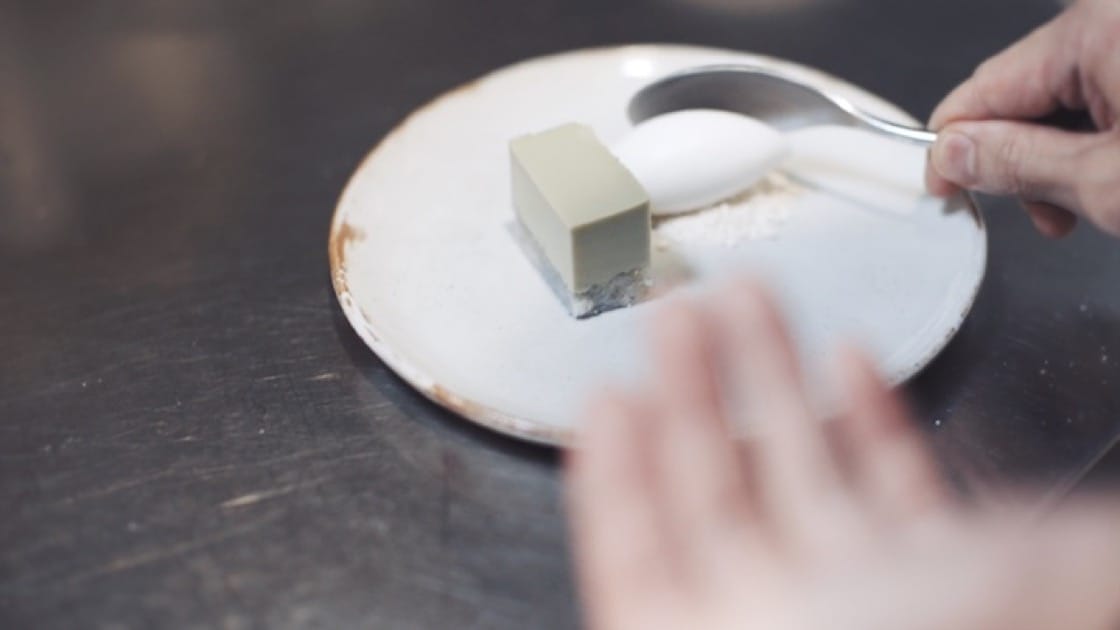
Respecting tradition while embracing the new
With Candlenut, Malcolm navigates the tightrope of staying relevant to modern diners while honouring the soul of traditional Peranakan cuisine. “The Peranakan bibiks and grandmas will always give you a recipe and tell you you have to do it this way or with only that ingredient, but we have so many new techniques and produce that are available to us now and I believe we can and should be open to the new while retaining the soul of Peranakan cuisine.”
To him, honouring the traditions of Peranakan cuisine means treating each step and each component of a dish with the respect it deserves: “We don’t take any shortcuts with our kueh salat, using only fresh ingredients like the coconut milk and pandan. We also pay attention to every step from extraction of juices to the steaming of the rice.”

To express traditional or classic items with an updated touch, a lot of chefs resort to taking things apart before organising the elements together in an act of deconstruction.
But not Malcolm.
“We don’t want to deconstruct it and serve you something else. We just want to present a very good kueh salat to you, something that really has soul, culture and history, but in a new and relevant way.”
Trying to find a balance between old and new is a thought that keeps him on edge on a daily basis. “In the seven years that I have been running Candlenut, it has always been a challenge to navigate between the traditional and modern. You lose sleep over it. But like I said, it’s really about embracing traditional culture with a modern mindset."
He hopes to show that kuehs are not something old-fashioned or cheap; they too, can hold their own alongside fancy French pastries as they are equally complicated to make in their own way.
Think Peranakan cuisine and you might just picture bibiks in their Nyonya kebayas stooped over a stove stirring curry or sitting on the floor painstakingly pounding rempah.
“To make Peranakan food, you can't do it in a rush, you have to take time, put in the effort, put in the love, and then the flavour will come out nice,” he explains. In most large Peranakan families, meals are taken communally, with the food and conversation centred around long tok panjang tables. “There is the love for the people that are coming to eat as well. So it’s about the family. You don't cook Peranakan food for yourself, you cook for your family and I think that’s really representative of the cuisine,” says Malcolm.
“I’m emotionally attached to smells and tastes of Peranakan cuisine. These flavours constantly remind me of the past--of family and roots. This is really who we are, where we come from, and I think cooking is a way to appreciate and preserve our culture and share it with other people.”





